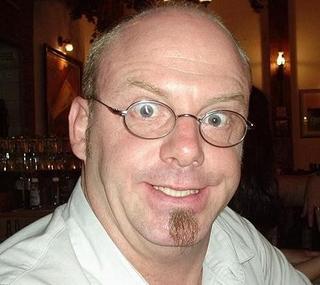WHAT IS A VERB?
The verb is the central element in a clause. A sentence cannot exist without a main verb (main clause). Every sentence has at least one main verb. Sometimes a single verb idea is constituted by more than one word. This is called a verb phrase.
e.g. BRAZIL WON THE 1994 WORLD CUP (WON is the main verb).
e.g. AUSTRALIA WAS DISCOVERED BY ENGLISH NAVIGATORS (WAS DISCOVERED is the main verb – verb phrase).
e.g. MOVING STEALTHILY ACROSS THE ROOM, THE BURGLAR TOOK ALL THE VALUABLES.
- There are two verbs ("MOVING" and "TOOK") This is not a verb phrase.
- "took" is the main verb because it is finite and part of an independent clause.
e.g. THE PRINTER THEY BOUGHT WAS EXPENSIVE.
- "bought" is a verb, and "was" is a verb.
- As there are two different verb ideas, this cannot be considered a verb phrase.
- "was" is the main verb because it is finite and part of an independent clause.
- "they bought" is a finite restrictive adjective clause (dependent clause)
e.g. SHE MUSTN’T HAVE BEEN THINKING WHEN SHE TURNED LEFT WITHOUT CHECKING FOR ONCOMING TRAFFIC.
- There are two verb ideas.
- "mustn’t have been thinking" is the main verb because it is finite and part of an independent clause. As it has several words that constitute one verb idea it is a verb phrase.
- "turned" is a finite verb (it has a subject and a tense), but it is not the main verb because it is part of a dependent clause (adverbial clause of time).


0 Comments:
Post a Comment
<< Home